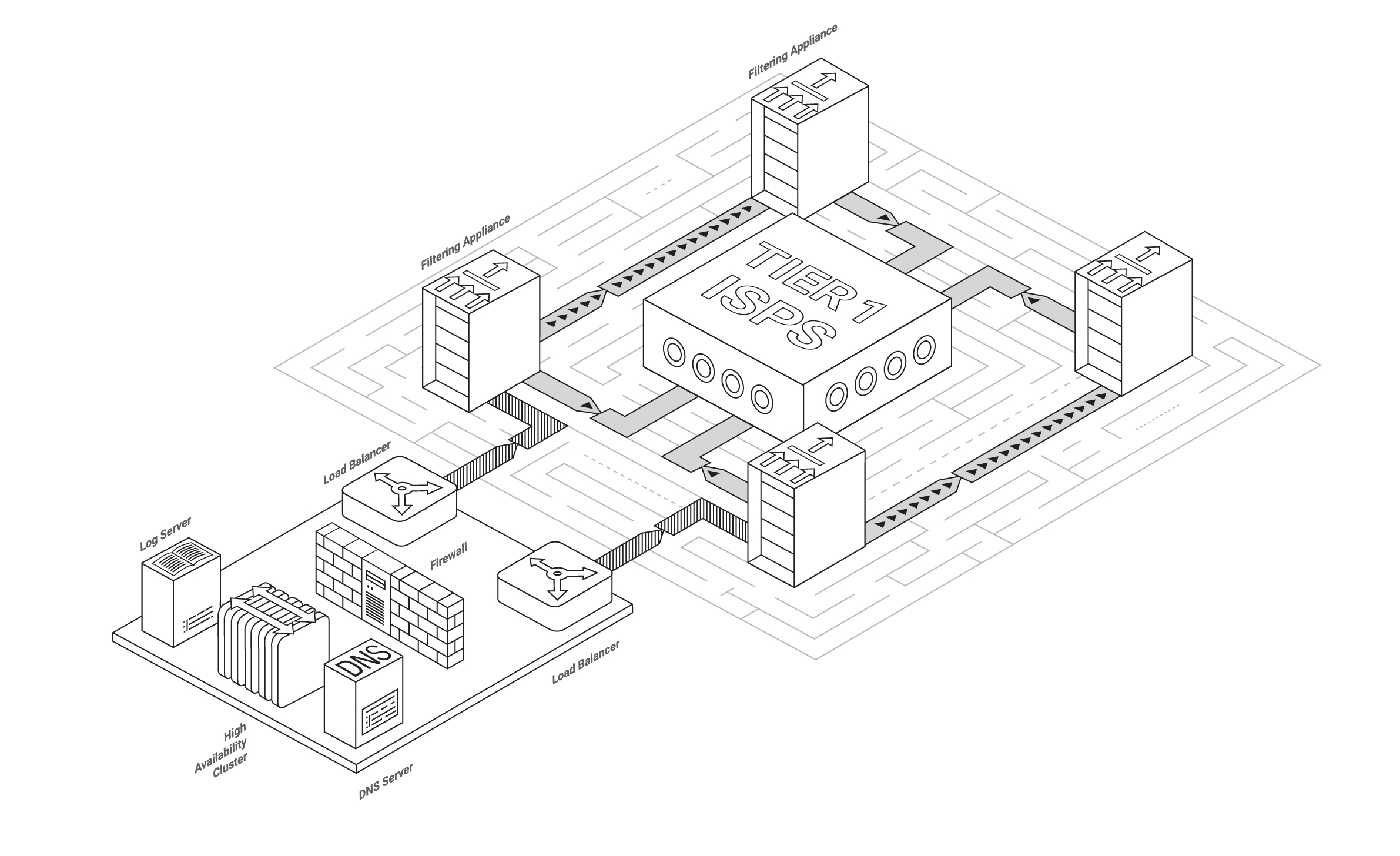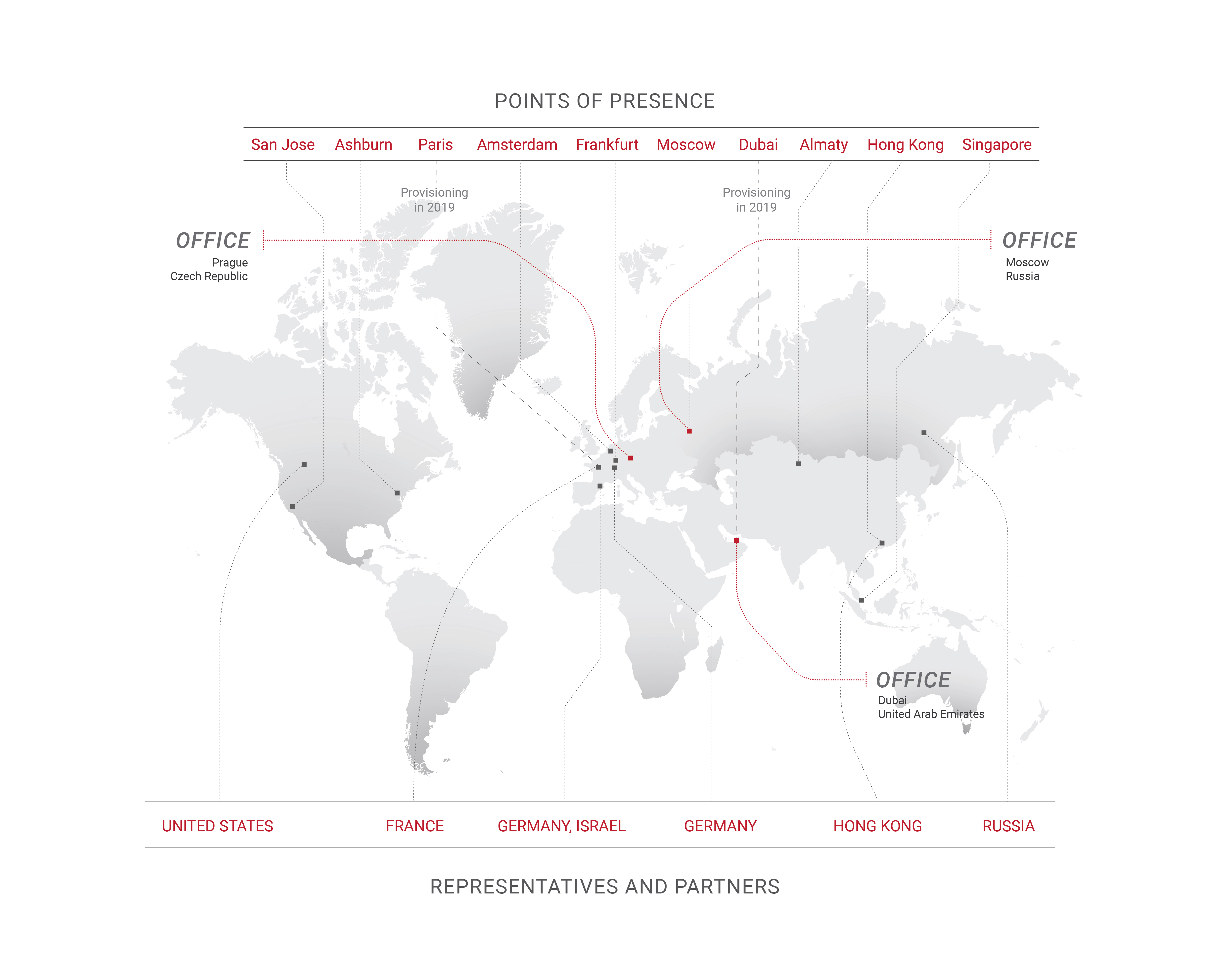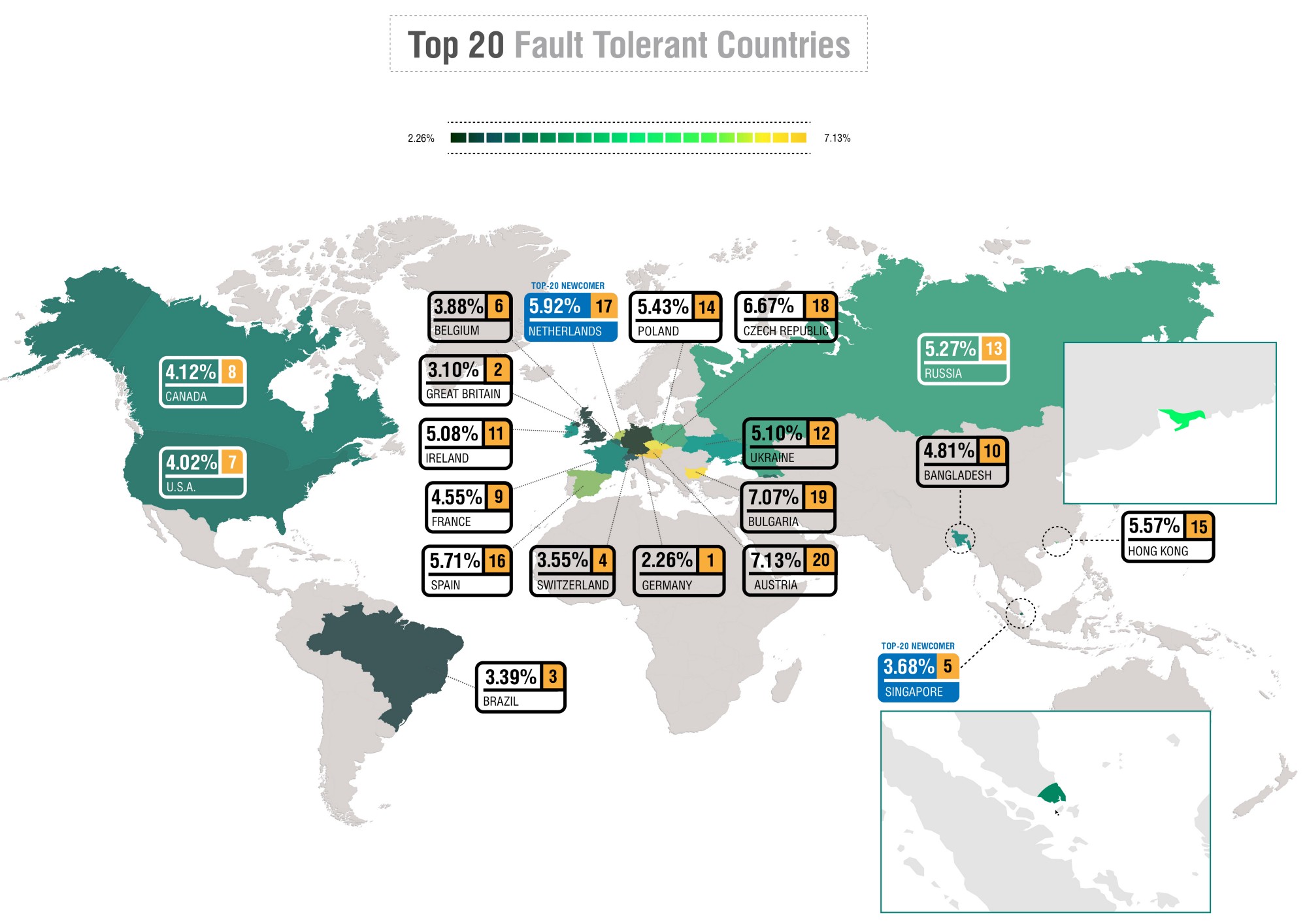
A little historical overview
- BGP hijacks - when an ISP originates an advertisement of address space that does not belong to it;
- BGP route leaks - when an ISP advertises prefixes received from one provider or peer to another provider or peer.
This week it has been 11 years since the memorable YouTube BGP incident, provoked by the global propagation of a more specific prefix announce, originated by the Pakistan Telecom, leading to an almost 2 hour in duration traffic disruption in the form of redirecting traffic from legitimate path to the bogus one. We could guess if that event was intentional, and even a correct answer wouldn’t help us completely prevent such incidents from happening today. While you read this, a route leak or a hijack is spreading over the networks. Why? Because BGP is not easy, and configuring a correct and secure setup is even harder (yet).
In these eleven years, BGP hijacking became quite damaging attack vector due to the BGP emplacement in the architecture of modern internet. Thanks to BGP, routers not only acquire peer information, and therefore all the Internet routes - they are able of calculating the best path for traffic to its destination through many intermediate (transit) networks, each representing an individual AS. A single AS is just a group of IPv4 and/or IPv6 networks operating under a single external routing policy.
And thanks to BGP in its current state attackers are capable of conducting massive heists of traffic, efficiently hijacking target network’s prefixes, placing themselves in the middle. And that’s just the beginning - in the era of state-sponsored cyber actors, it is evident that the keystone of Border Gateway Protocol, which is trust, is no longer sufficient enough to prevent malicious outbreaks of routing incidents, deliberate or not, to occur. Since BGP plays such an essential role in the existence of the internet as we know it (it is the only exterior gateway protocol to control traffic flow between different Internet Service Providers all over the world), for a decade we’ve seen attempts to patch things up.





